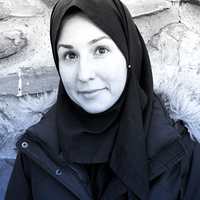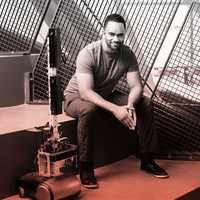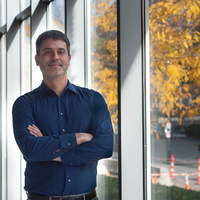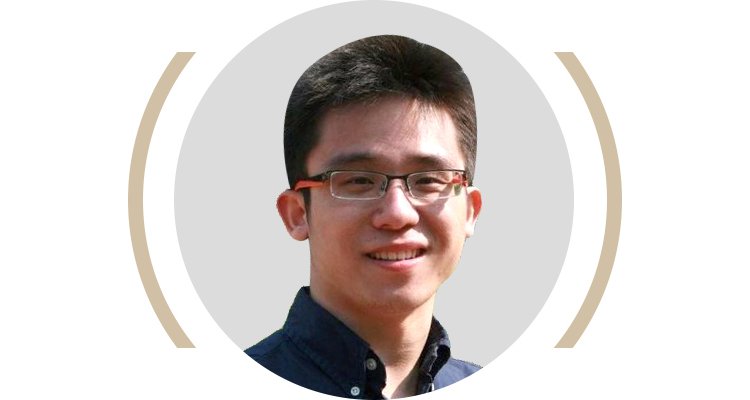Artificial intelligence & robotics
Pingzhong Tang
Applying theoretical design to the real world, he creates tremendous social benefits and impact

Global
Marzyeh Ghassemi
Using AI to make sense of messy hospital data.

Global
John Schulman
Training AI to be smarter and better, one game of Sonic the Hedgehog at a time.

Global
Jonas Cleveland
Helping create the shopping robots of the near future.

Latin America
Alfredo Morales
He applies AI to social networks to understand the behavior of societies and reduce the effect of the 'bubbles of opinion’
